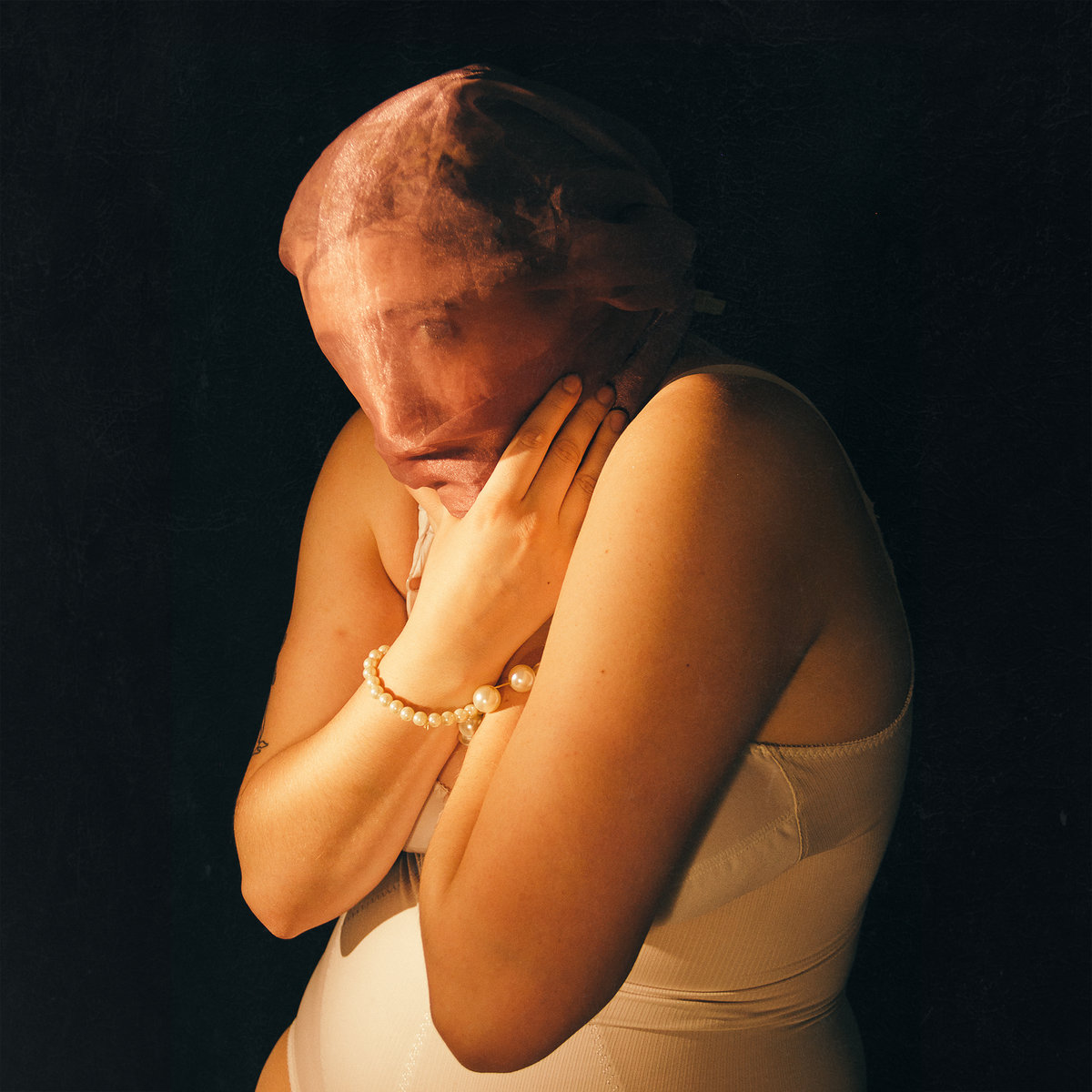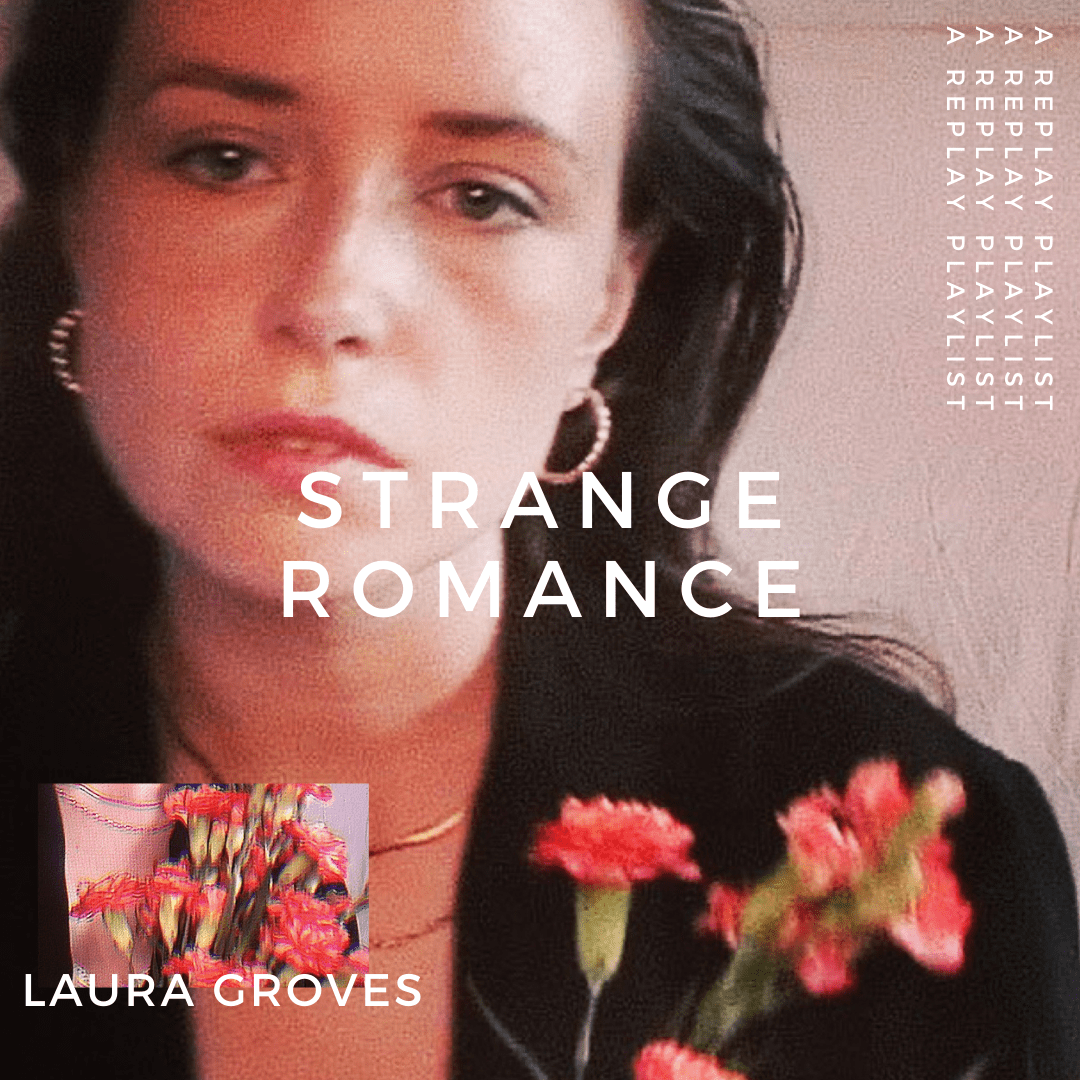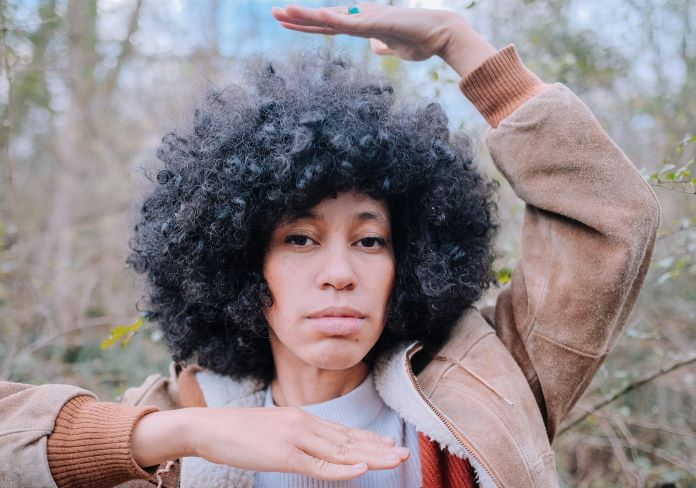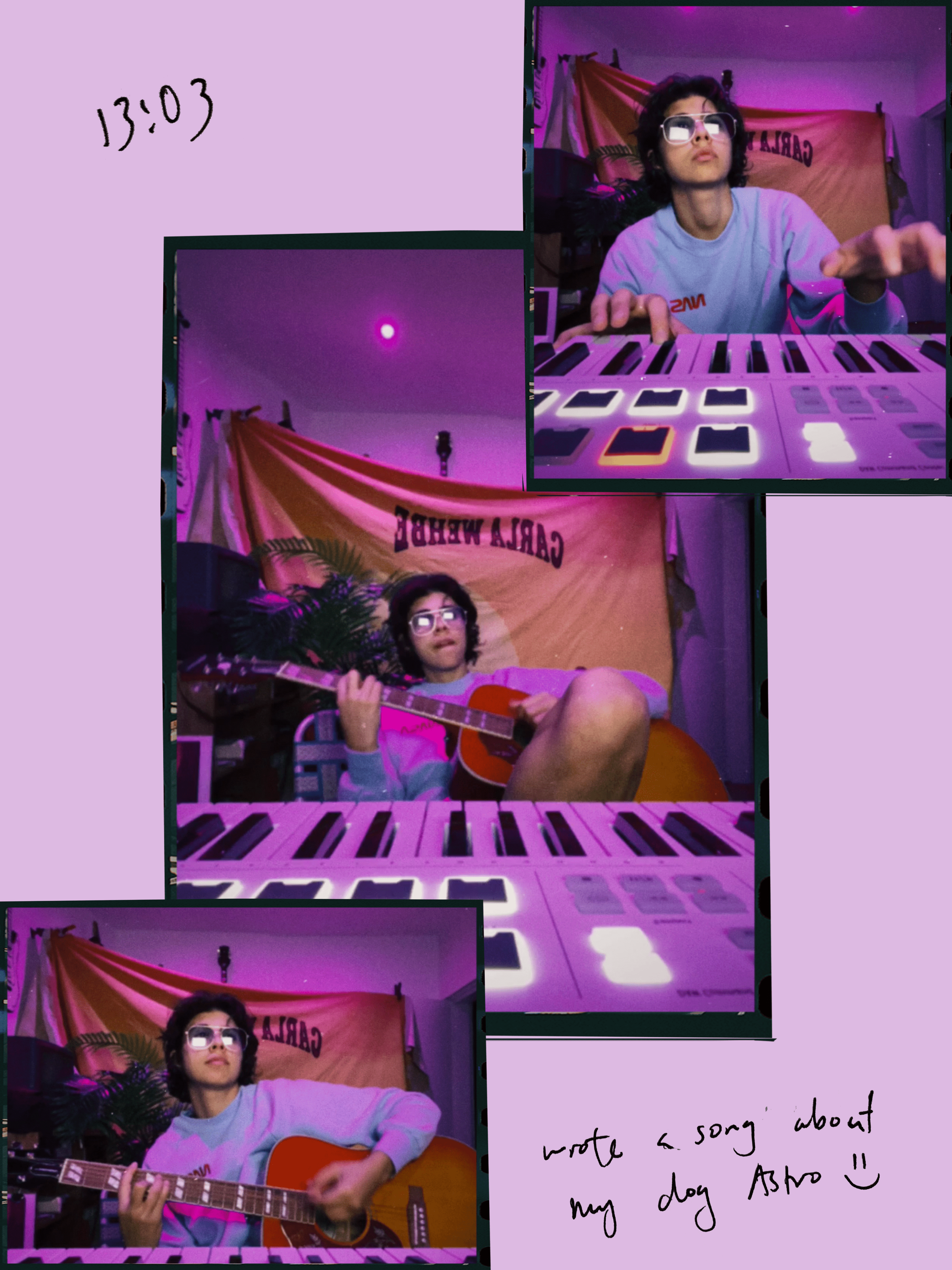Much like the beginning tastes of spring, Molly Madden is interested in thawing, in looking at the core of things. She tends to investigate both the more loving months ahead and de-romanticizing a snow that only appears to be sparkling.
Often finding herself both the artist and the muse, Madden is into demystifying love and grief as much as she loves creating a myth of self bathed in silk. Uma Bloo is the type of woman who loves love. She craves and creates it. But she also has the wisdom to know when the need for it is all consuming and threatens to unravel her.

It seems that with time, she’s able to live amongst the desire found in love, lust, and grief, while also recognizing their deceit. This isn’t to say Madden is just her desires. Too often women songwriters are complimented for being “diaristic” without any credit to how many years the narrative spans and how much effort has gone into it.
In many ways, Madden has been writing Don’t Drive Into the Smoke since she was a child. And you can feel the climax. Madden left a strict and conservative household to arrive at Chicago to pursue acting. In tracks like ‘Coming Home’ it’s easy to read it as sung to a lover as much as it is to Madden herself. “I never did quite get to know you”– something said to a relationship always kept at an arm’s length or a teen self who was never granted the self expression she craved. In both senses she is Coming Home to herself, which seems to be the liberatory concept spanning Don’t Drive Into The Smoke.
“In many ways, Madden has been writing Don’t Drive Into the Smoke since she was a child. And you can feel the climax.”
Don’t Drive Into The Smoke lives out of spite and in favor of vulnerability. Madden positions herself as one woman in the wild vastness but prepared for continuous exploration. In the middle of the album she drops the toying “Your Pussycat”. A track led by a steady drum that eventually sears shut with a quivering guitar.
In a world that feels very far away (2018), I saw Uma Bloo perform the song as a solo act while in Chicago visiting friends. She seemed dipped in glitter (from her shoulders to her guitar) in a performance that felt both gauzy and intense. Madden plays with gender roles, never allowing herself to be sexualized without her consent. Never really the ingenue, but certainly wrapping you around her finger.
At the same time, her willingness for hysteria is brilliant, “you gotta know I love you / I’d put poison in your pie / If you asked me to” she belts out on “Your Pussycat”. Madden provokes the full spectrum of emotions without apology. “You think I’m very strange / but the way I live makes sense to me / I think I’ll stay the same” she trills on “Strange Actress”. Her deep voice bellows as the guitars come to life. Her band knows how to play sparsely until it’s time to crash and burn around her.
“Don’t Drive Into The Smoke lives out of spite and in favor of vulnerability.”
Never to be just one thing, Uma Bloo pulls from rock riffs, sudden breakdowns, and the occasional pop hook to keep the album ringing. The guitars on “Was I Ever” tweak and then pick up into a groove that offsets Madden’s raw songwriting as she questions the honesty and intentions of the men in her life, both familial and religious. “Maybe he’s out there, the great man / please take me, I’m just a little lamb”. The guitars hairpin as she moves from sly, quiet vocals on the synth swaddled “The Actor’s Last Question” to shrieking into the void on “Never Know Me”. Then there’s “To Be Vast”, which tumbles out with an upbeat drum and syncopated guitar.
Uma Bloo runs the gambit. Madden plays with sound in a way that sometimes leaves her voice larger than life or a quiet coo depending on the sonic backup. Her band knows exactly how to support her, literally. On the titular track they build precariously before a rollicking drum muscles with a twangy guitar. “Don’t Drive Into The Smoke” swaps genres back and forth, both feeling like Madden is at a poetry reading and crying out at a concert. Madden can’t help but love, therefore she can’t help but create; spilling over with sound and watching it unfold from some place beyond this one.
“Madden can’t help but love, therefore she can’t help but create; spilling over with sound and watching it unfold from some place beyond this one.”
Like the spanning cityscape she longed for, Madden is overwhelmed in her own form, which she explores most intently on the last track of the album “Little Baby”. She desires a more tender place to hold her many selves. Don’t Drive Into The Smoke is tired of existing at maximum capacity, yet reveling in its ability to be so much. Uma Bloo is bursting to be seen and tired of all the careless love that brings.
Madden is an expert in the self, in duality, in connecting the body with the mind. The debut album only confirms her ability to both create and destroy, to be the performer and the audience. The tracks I’ve craved for so long act as the mirror and the shard. Over time Uma Bloo has learned a lesson with both love and performance, that they are an overlapping venn diagram and that both trust and rejection can be devastating. But the heart is ever resilient.
Sage Shemroske (they/he) is a poet and music journalist based in Minneapolis. They write with a love for high imagery and pop culture and have bylines in ANCHR Magazine and Balloon Machine. When they’re not running their own blog, I’m Listening, you can find them watching Vanderpump Rules or at a local show. You can keep up with them professionally at sageshemroske.com and see their worst tweets @witchxtits.


